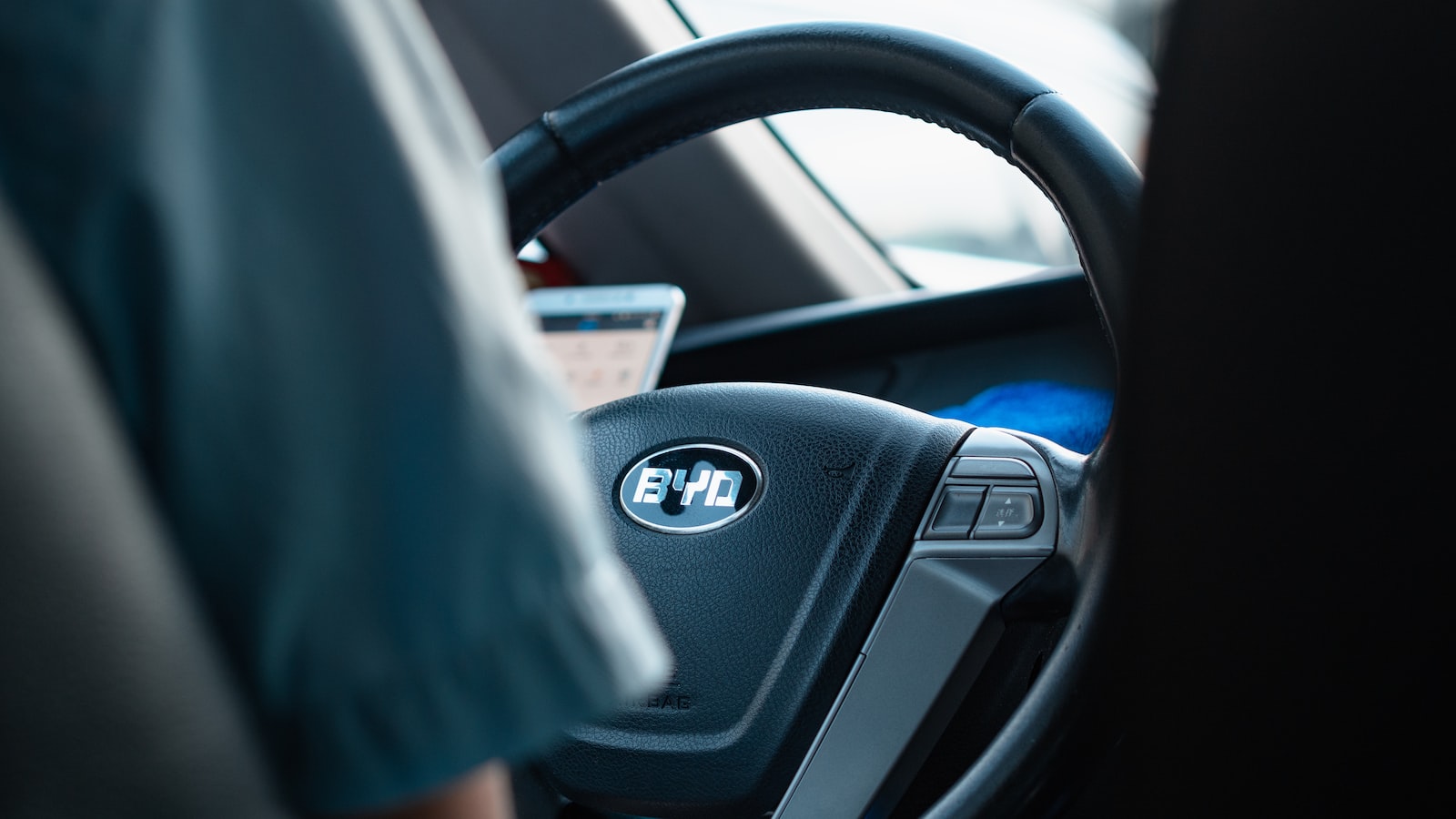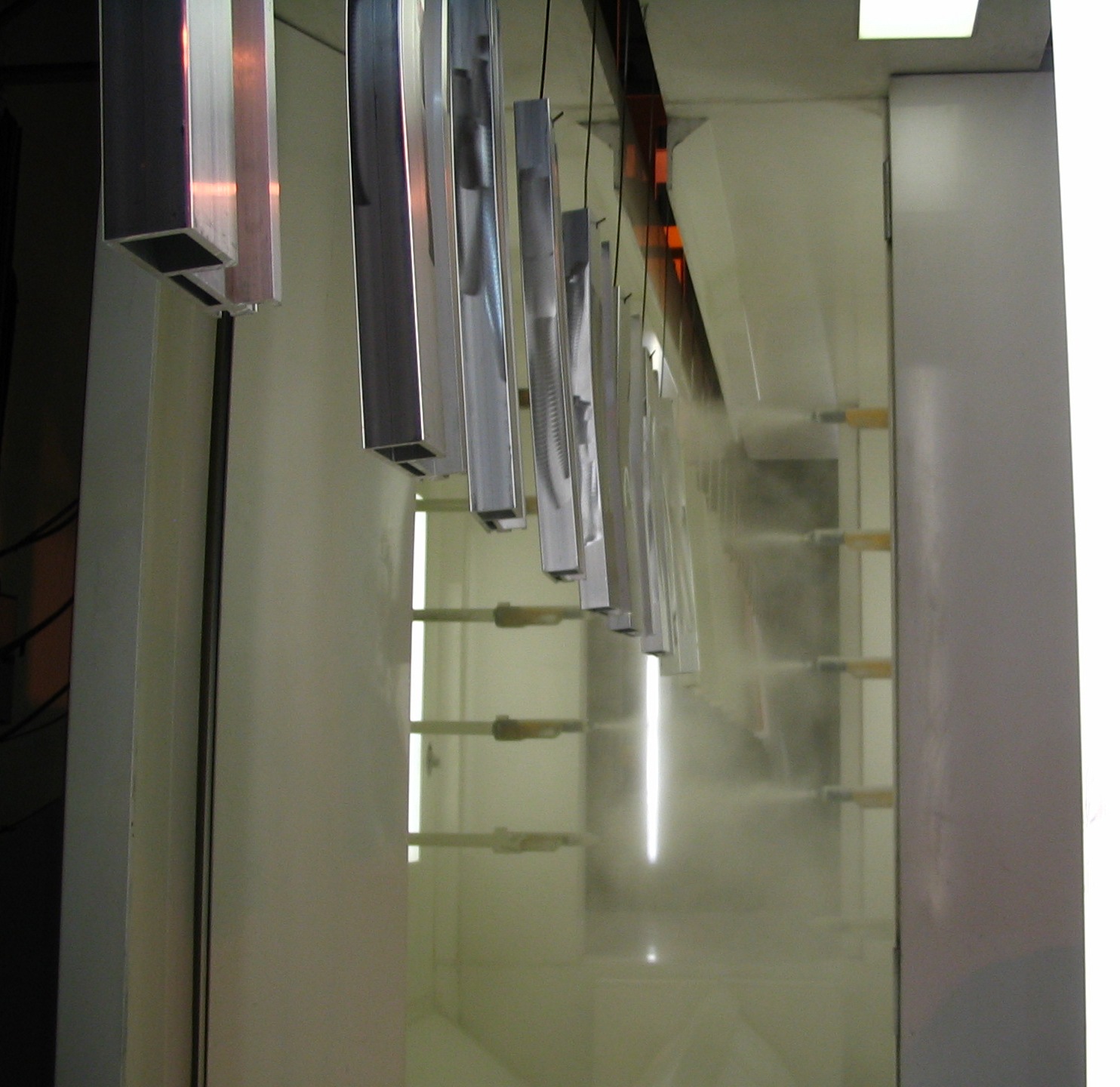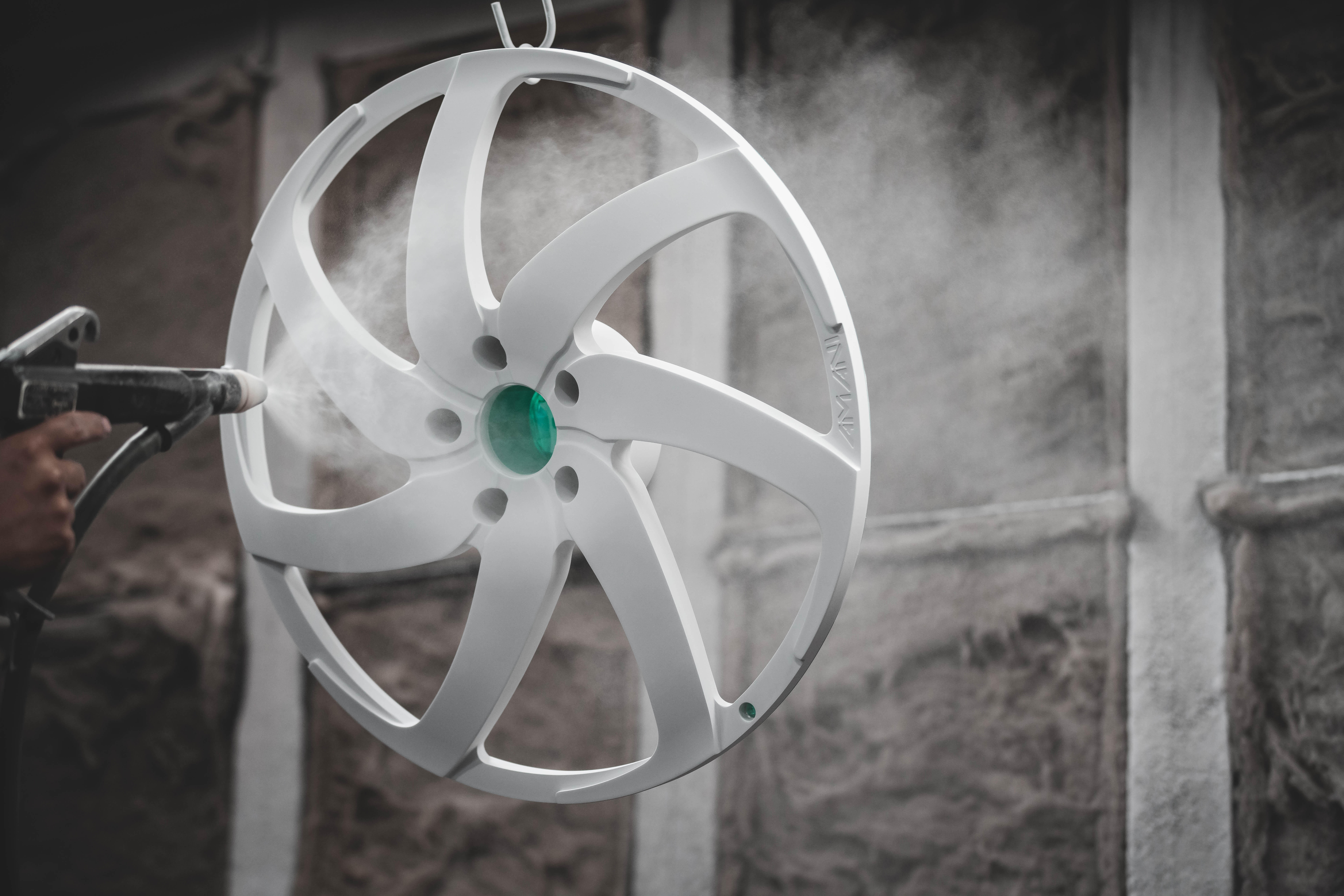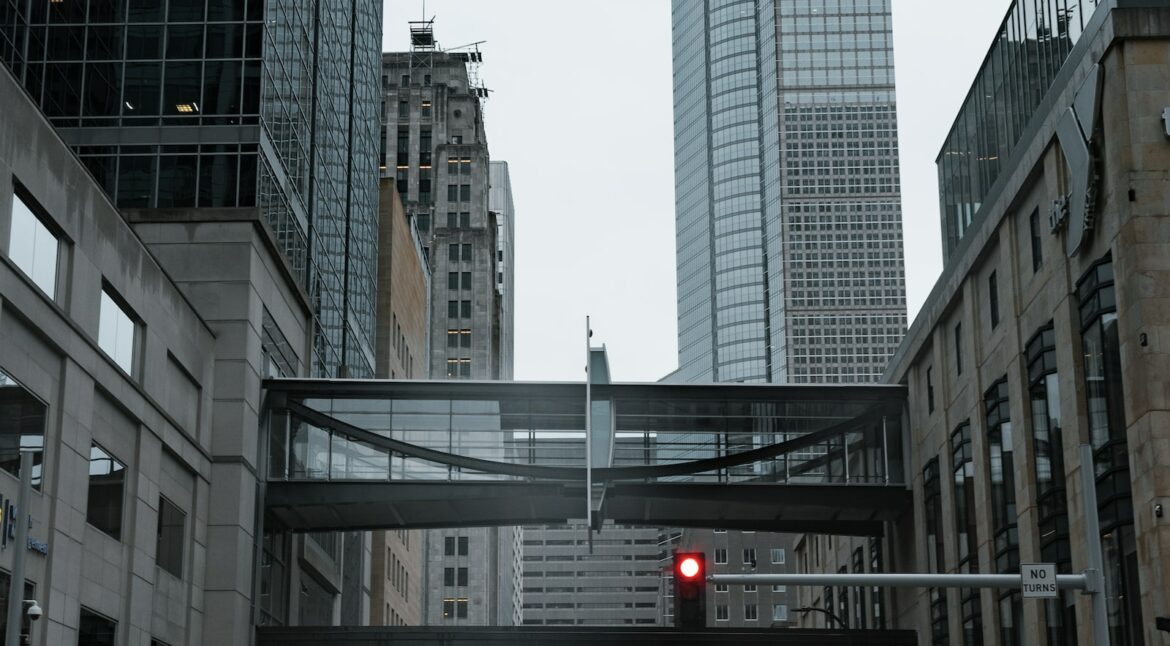Electric vehicles (EVs) have become increasingly popular in recent years due to their sustainable and efficient nature. As the demand for EVs rises, so does the need for advancements in various components of their infrastructure. One such critical element is busbars, which are responsible for conducting electrical current within the vehicle’s power distribution system. To enhance the performance and longevity of these busbars, powder coating technology has emerged as a game-changer. This article explores the numerous benefits of utilizing powder coating technology for EV busbars, shedding light on its technical advantages and neutralizing concerns.
Table of Contents
- High-Quality Powder Coating Enhances EV Busbar Reliability
- Improving Performance and Efficiency with EV Busbar Powder Coating
- The Advantages of Powder Coating for EV Busbars
- Choosing the Right Powder Coating Process for EV Busbars
- Q&A
- Key Takeaways

High-Quality Powder Coating Enhances EV Busbar Reliability
In the ever-growing world of electric vehicles (EVs), busbars play a crucial role in ensuring efficient power distribution. However, the reliability and durability of these busbars can be significantly enhanced by incorporating high-quality powder coating.
Here are some key benefits of using high-quality powder coating for EV busbars:
- Improved corrosion resistance: High-quality powder coating provides a barrier against moisture, chemicals, and other environmental factors that can lead to corrosion. This enhanced protection helps prolong the lifespan of EV busbars, reducing the need for frequent maintenance or replacements.
- Enhanced electrical insulation: Coating busbars with a high-quality powder coating not only improves their electrical resistance but also prevents any potential short circuits. This insulation not only ensures the safety of the vehicle but also prevents any power loss due to leakage or arcing.
- Thermal stability: Electric vehicles can generate significant amounts of heat, and busbars are exposed to these high temperatures. High-quality powder coating can withstand extreme heat, ensuring that the busbars retain their integrity and performance even under challenging conditions.
- Improved aesthetics: Aesthetics may not be the primary concern for EV busbars, but a high-quality powder coating can contribute to the overall visual appeal. With a wide range of colors and finishes available, powder coating can be customized to match the design and branding of the electric vehicle.

Improving Performance and Efficiency with EV Busbar Powder Coating
Benefits of EV Busbar Powder Coating:
When it comes to enhancing the performance and efficiency of EV busbars, one solution stands out: powder coating. This advanced coating technology offers numerous benefits that can revolutionize the electric vehicle industry. Here’s a closer look at why EV manufacturers are turning to powder coating for their busbar needs:
- Enhanced conductivity: EV busbars coated with powder provide excellent conductivity, ensuring optimal power transmission and minimizing energy loss. This contributes to overall improved performance and efficiency of the electrical system.
- Thermal management: Powder coating helps to dissipate heat more effectively, preventing overheating and ensuring the longevity of the busbar. By reducing the risk of thermal damage, powder-coated busbars can operate at higher current densities, allowing for higher power outputs.
- Corrosion resistance: Electric vehicles encounter various environmental conditions, including moisture and salt exposure. Powder-coated busbars offer excellent resistance against corrosion, protecting the electrical connections and extending the lifespan of the busbar.
- Insulation properties: Powder coatings provide a high level of electrical insulation, reducing the risk of short circuits and electrical malfunctions. This ensures the safety of the EV’s electrical system and minimizes the potential for damage.
In summary, utilizing powder coating for EV busbars opens up new possibilities for improved performance, efficiency, and reliability. With its enhanced conductivity, effective thermal management, corrosion resistance, and insulation properties, powder-coated busbars pave the way for the future of electric transportation.

The Advantages of Powder Coating for EV Busbars
When it comes to coating options for EV busbars, powder coating offers several distinct advantages over other traditional methods. One of the main benefits is its exceptional durability. The powder coating process involves applying a dry powder to the surface of the busbars, which is then heated and cured to create a tough, protective layer. This coating is incredibly resistant to chipping, scratching, and fading, ensuring that the busbars maintain their aesthetic appeal and functionality for an extended period.
Another advantage of powder coating for EV busbars is its superior corrosion resistance. The specialized formulation of the powder creates a barrier that shields the underlying metal from moisture, chemicals, and environmental elements. This added protection significantly reduces the risk of rust and corrosion, ultimately extending the lifespan of the busbars and minimizing the need for frequent maintenance and replacements. Additionally, powder coating offers excellent adhesion properties, ensuring a uniform and smooth finish, even on intricate busbar designs.
- Long-lasting durability: Powder coating provides a robust protective layer that resists chipping, scratching, and fading.
- Superior corrosion resistance: The specially formulated powder acts as a barrier against moisture, chemicals, and environmental factors, minimizing the risk of rust and corrosion.
- Uniform and smooth finish: Powder coating offers excellent adhesion properties, resulting in a consistent and visually appealing coating, even on complex busbar designs.
- Eco-friendly option: The powder coating process produces minimal waste and emits near-zero volatile organic compounds (VOCs), making it a greener alternative to other coating methods.
With its unrivaled durability, corrosion resistance, and aesthetic appeal, powder coating is an optimal choice for protecting your EV busbars. Whether you’re looking to enhance their lifespan or ensure they perform optimally in challenging conditions, powder coating offers a reliable solution that stands the test of time.

Choosing the Right Powder Coating Process for EV Busbars
When it comes to electric vehicle (EV) busbars, selecting the appropriate powder coating process is crucial for ensuring optimum performance and longevity. A high-quality powder coating not only provides reliable insulation for the busbars but also enhances their resistance to environmental factors and electrical conductivity. Here are some key considerations to help you choose the right powder coating process:
- Type of Powder Coating: Epoxy, polyester, and hybrid powder coatings are commonly used for EV busbars. Each type offers distinct advantages and characteristics, so it is essential to assess your specific needs and requirements before making a decision.
- Thickness: The thickness of the powder coating layer directly impacts its effectiveness. It is crucial to determine the optimal thickness considering factors such as voltage, current, and operating temperature. A thicker coating offers better insulation but may slightly reduce electrical conductivity.
- Corrosion Resistance: EV busbars are exposed to various environmental conditions, including moisture and chemicals. Opt for a powder coating process that possesses superior corrosion resistance properties to safeguard the busbars against these elements and ensure long-term reliability.
empowers your vehicles with enhanced durability and better electrical performance. By carefully evaluating factors like coating type, thickness, and corrosion resistance, you can ensure the longevity and safe operation of your electric buses. Make a well-informed decision, and experience the benefits of a high-quality powder coating that exceeds your expectations.
Q&A
Q: What is busbar powder coating and how does it benefit EVs?
A: Busbar powder coating is a process of applying a thin, protective layer of powder coating to the electrical busbars in electric vehicles (EVs). It offers several benefits including enhanced electrical insulation, improved thermal management, and increased durability.
Q: How does busbar powder coating improve electrical insulation?
A: The powder coating acts as an insulating layer, preventing any electrical contact between the busbars and the surrounding components. This insulation helps to reduce the risk of short circuits, electrical leakage, and potential damage to the vehicle’s electrical system.
Q: Can you explain the role of busbar powder coating in thermal management?
A: Busbar powder coating helps to dissipate heat generated during electric current flow. The coating material used possesses excellent thermal conductivity, enabling efficient heat transfer away from the busbars. Thus, it enhances the overall thermal management of the EV, reducing the risk of overheating and ensuring stable performance.
Q: What advantages does busbar powder coating offer in terms of durability?
A: The powder coating creates a robust and protective layer that shields the busbars from environmental factors, such as moisture, chemicals, and corrosion. This additional barrier significantly increases the lifespan of the busbars, thereby reducing maintenance costs and improving the overall reliability of the EV’s electrical system.
Q: Are there any other benefits associated with busbar powder coating?
A: Yes, besides enhanced electrical insulation, thermal management, and durability, busbar powder coating also helps to mitigate vibrations and reduce electromagnetic interference (EMI). This contributes to smoother operation and improved electromagnetic compatibility of the EV.
Q: How is busbar powder coating applied to the electrical busbars?
A: The busbars are first cleaned thoroughly to remove any dirt, grease, or contaminants that may impede proper adhesion. Then, a fine powder coating material is electrostatically applied to the busbars, creating an even and uniform layer. Finally, the coated busbars are cured using heat, allowing the powder to melt, flow, and form a solid and protective coating.
Q: Is busbar powder coating compatible with all types of EVs?
A: Yes, busbar powder coating can be applied to all types of electric vehicles, including battery electric vehicles (BEVs), plug-in hybrid electric vehicles (PHEVs), and hybrid electric vehicles (HEVs). It is a versatile solution widely used in the EV industry.
Q: How does busbar powder coating contribute to the overall efficiency of an EV?
A: By improving electrical insulation and thermal management, busbar powder coating reduces the energy loss and heat generation within the electrical system of an EV. This leads to increased energy efficiency, extending the driving range of the vehicle and optimizing its overall performance.
Q: Are there any potential challenges or limitations associated with busbar powder coating?
A: One potential limitation is the need for careful surface preparation before applying the powder coating to ensure proper adhesion and optimal performance. Additionally, while powder coating is superior to traditional liquid coatings, it may still get damaged if subjected to severe impacts or aggressive physical stress.
Q: How can manufacturers ensure the quality of busbar powder coating in EV production?
A: Manufacturers should employ stringent quality control measures throughout the busbar powder coating process. This includes conducting rigorous inspections, testing, and monitoring to verify the adhesion, thickness, and overall performance of the coating, ensuring it meets the required standards and specifications.
In Conclusion
In conclusion, the utilization of powder coating technology in electric vehicle (EV) busbar systems offers numerous benefits across multiple aspects of performance and functionality. From enhanced insulation properties to superior corrosion resistance, the adoption of this coating solution showcases its immense potential in advancing the efficiency and reliability of EV busbars. Moreover, the application of powder coating not only ensures uniform coverage and thickness but also allows for intricate and complex designs, thereby facilitating the seamless integration of busbars within the EV assembly. The ability to mitigate electrical arcing and its associated risks further solidifies the prominence of powder coating in the EV industry. By considering the diverse range of advantages, it becomes evident that the deployment of powder coating technology in EV busbar systems can greatly contribute to the overall development and sustainability of electric transportation. With ongoing advancements and constant innovation, the future of EV busbar powder coating appears immensely promising, promising to revolutionize the electric mobility landscape, one coating at a time.

